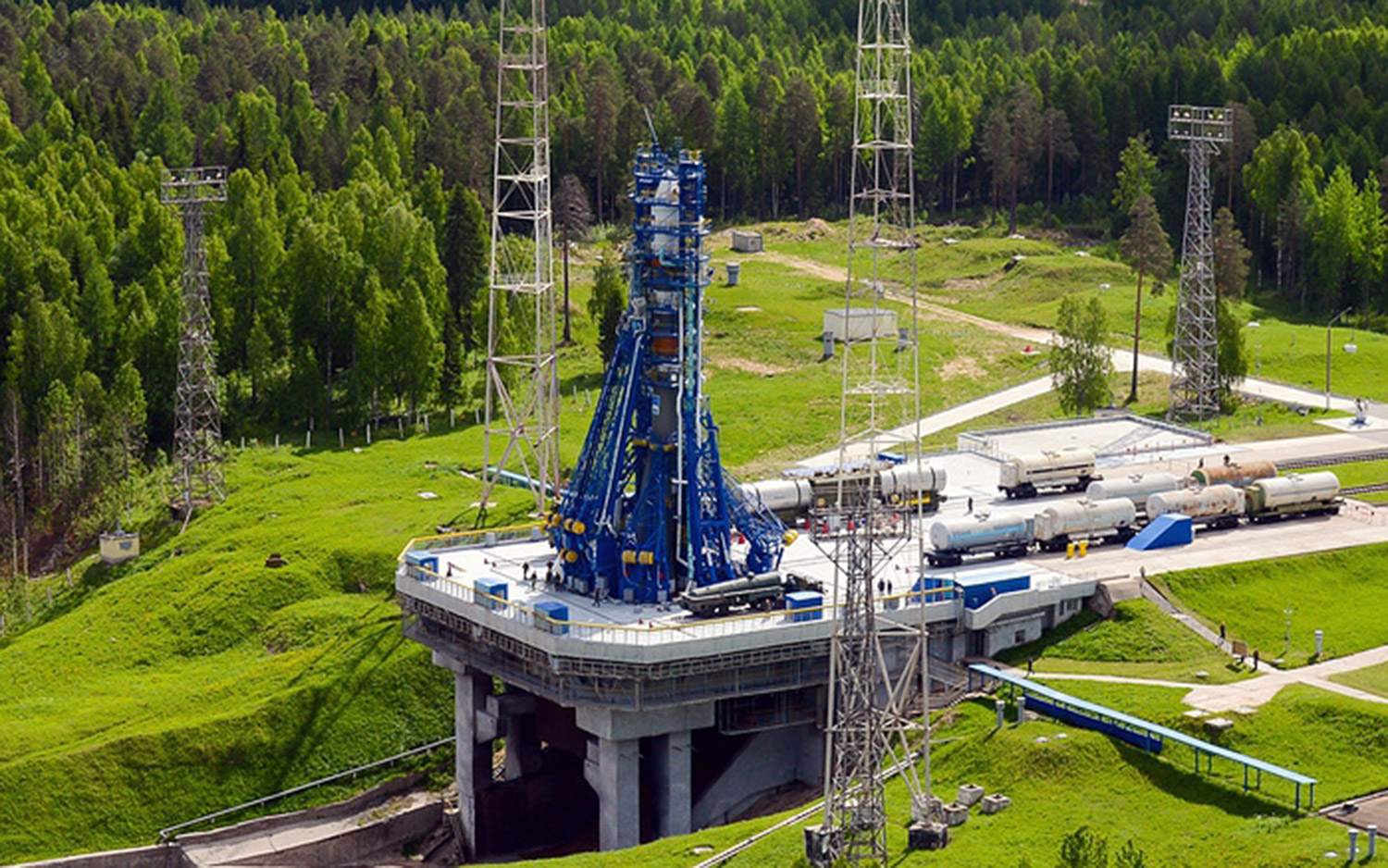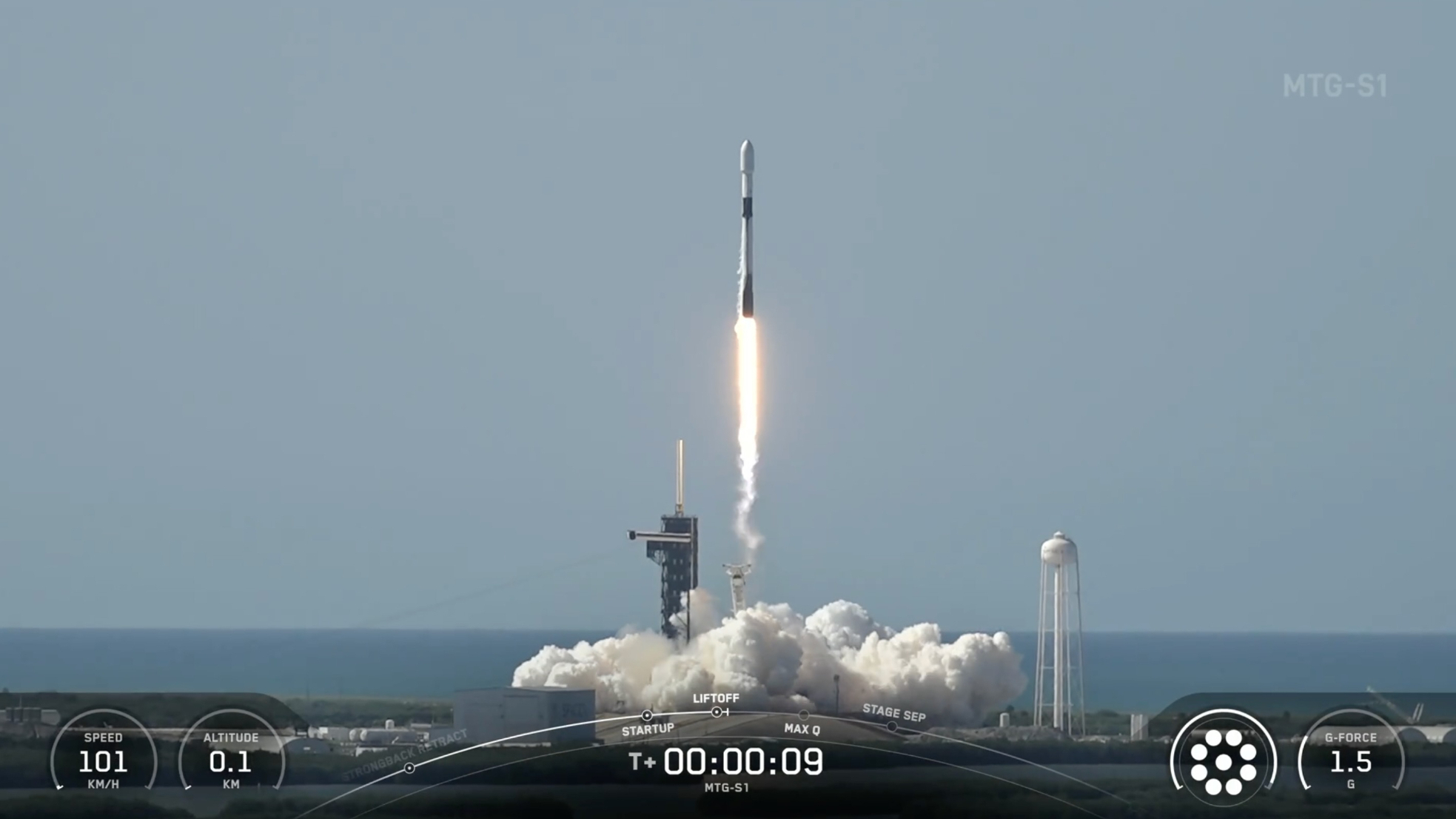New reports detail ongoing space threats, and Russia is raising concerns

Security experts say that when it comes to threats in space, Russia is raising more concerns than China.
These findings come from two annual reports published by nongovernmental organizations that provide open-source information about global developments in counterspace weapons and other space threats. Counterspace missions are defensive or offensive operations in space.
The reports say that this year, Russia has become a bigger threat to orbiting satellites, with signs of escalation to come. Meanwhile, although China has also increased its space capabilities this year, it has not displayed aggressive anti-satellite behavior like Russia.
How the U.S. will respond to the changing international scene is still unclear.
"There is evidence to suggest a robust debate is underway, largely behind closed doors, on whether the United States should develop new counterspace capabilities, both to counter or deter an adversary from attacking U.S. assets in space and to deny an adversary their own space capabilities in the event of a future conflict," one of the reports, the Global Counterspace Capabilities report from Secure World Foundation (SWF), a private foundation that promotes the peaceful uses of outer space and sustainability in the space sector, reads.
Related: The most dangerous space weapons ever
But while the reports highlighted the general state of national security in space, the most significant takeaway from the report seems to be that Russia has been increasingly aggressive with its actions in orbit.
Breaking space news, the latest updates on rocket launches, skywatching events and more!
In 2020, Russia conducted a number of anti-satellite (ASAT) tests and even tested multiple ASAT weapons. In July 2020, Russia tested anti-satellite weapons and again in December.
"Russia was the most active in testing anti-satellite weapons over the past year, including tests of a space-based weapon that appears to be capable of firing projectiles at other satellites," the other report, the Space Threat Assessment from the Center for Strategic and International Studies (CSIS), a national security "think tank" based in Washington D.C., reads.
"These activities are not new and reflect a pattern of behavior in which Russia has continued to develop and reconstitute its counterspace capabilities," the Space Threat Assessment continues.
The SWF report also showed that Russia appears to be increasing counterspace weapons and capabilities. "According to the SWF report, "there is strong evidence that Russia has embarked on a set of programs since 2010 to regain many of its Cold War-era counterspace capabilities. Since 2010, Russia has been testing technologies for rendezvous and proximity operations in both low Earth and geostationary orbits that could lead to or support a co-orbital anti-satellite capability," the SWF report reads.
These reports are not the first to raise eyebrows at Russia's low Earth orbit activities. Following the nation's December 2020 ASAT test, the U.S. Space Command stated that "Russia has made space a warfighting domain."
Related: Declassified US spy satellite photos & designs
There are many different types of anti-satellite weapons, including electronic weapons like "jammer" that radiate signals to interfere with an enemy radar, cyber weapons that interfere with data or even weapons that could cause direct physical damage to target satellites.
However, while satellites with some of these capabilities and technologies can be deployed for more mundane activities like surveillance, Russia's behavior in low Earth orbit suggests a more aggressive intention, the reports argue. "Russia has deployed two 'sub-satellites' at high velocity, which suggests at least some of their rendezvous and proximity operations in low Earth orbit are of a weapons nature," the SWF report said of the country's anti-satellite weapons testing in 2020.
"Russia places a high priority on integrating electronic warfare (EW) into military operations and has been investing heavily in modernizing this capability," the report continues.
The report analyzes China's behavior as well. While some suggest that China has a spaceplane that is "some sort of orbital bomber or secret weapons testing platform," SWF states adding that there are numerous facts that make that unlikely and suggest the aircraft might actually be used for remote sensing and flight testing new payloads.
The reports also look at other spacefaring nations, including France, India, Iran, Japan and North Korea, but conclude that at present Russia has shown the most aggressive behavior in space. The SWF also adds that, despite ongoing concerns about anti-satellite weapons from Russia, "The United States currently has the most advanced military space capabilities in the world."
Email Chelsea Gohd at cgohd@space.com or follow her on Twitter @chelsea_gohd. Follow us on Twitter @Spacedotcom and on Facebook.
Join our Space Forums to keep talking space on the latest missions, night sky and more! And if you have a news tip, correction or comment, let us know at: community@space.com.

Chelsea “Foxanne” Gohd joined Space.com in 2018 and is now a Senior Writer, writing about everything from climate change to planetary science and human spaceflight in both articles and on-camera in videos. With a degree in Public Health and biological sciences, Chelsea has written and worked for institutions including the American Museum of Natural History, Scientific American, Discover Magazine Blog, Astronomy Magazine and Live Science. When not writing, editing or filming something space-y, Chelsea "Foxanne" Gohd is writing music and performing as Foxanne, even launching a song to space in 2021 with Inspiration4. You can follow her on Twitter @chelsea_gohd and @foxannemusic.
